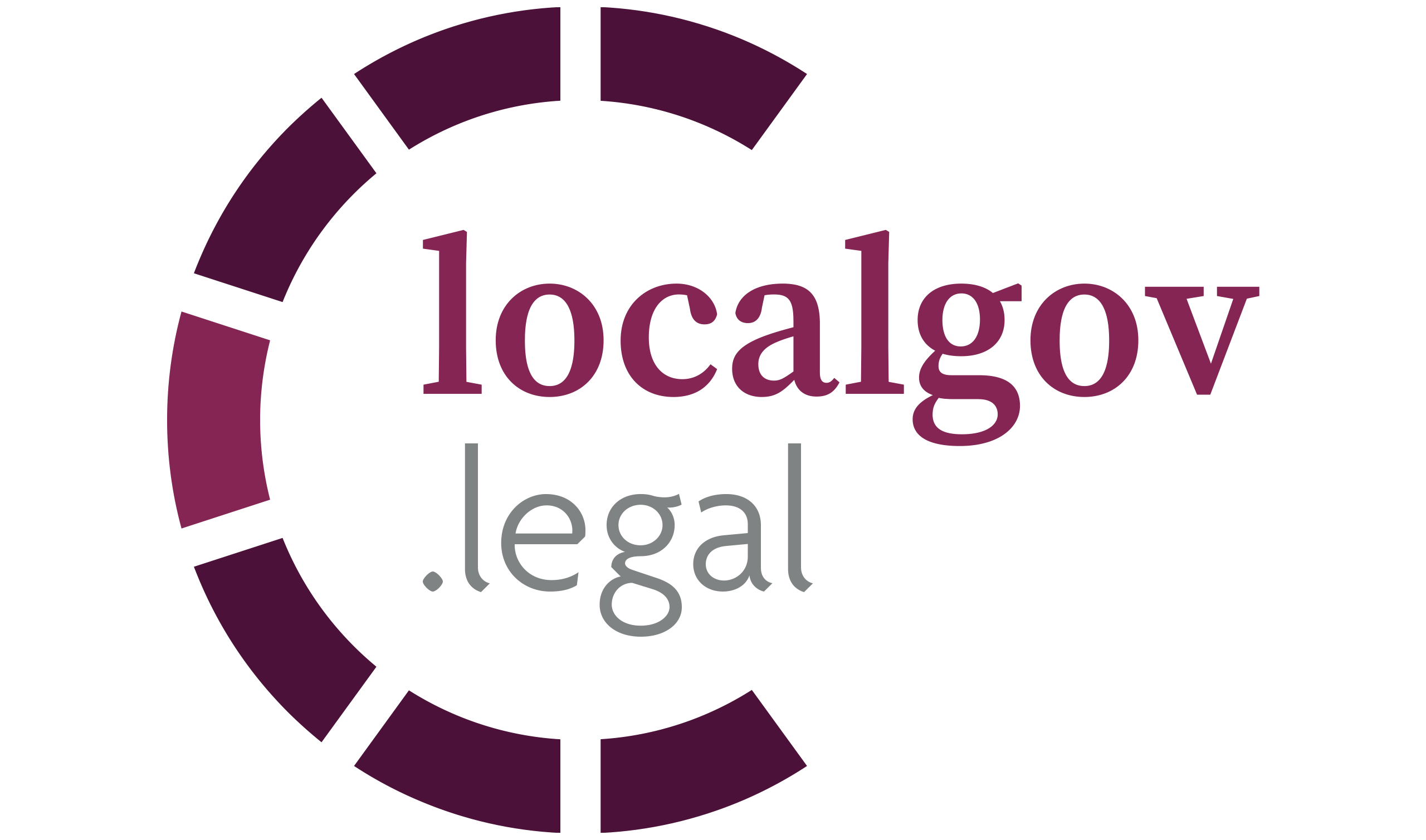Bob Holman gave up an affluent lifestyle to live and work alongside the disadvantaged of British society. Since the 1980s he has lived in Easterhouse in Glasgow, where he co-founded a neighbourhood charity, Fare. Now 78, he rails against the austerity measures that are leading to ever rising inequality and believes that Scottish independence is the only hope for a more socially democratic UK
You’ve said that these are dark days for the UK. Why do you think so?
I’ve lived in deprived areas for nearly 40 years and I don’t think I’ve ever seen poverty or inequality as bad as it is now. And it’s made even worse by this whipping up of feeling against the poor. Most poor people are now in work. I have a friend who’s 59 and has always worked. He’s been on the minimum wage since it was introduced, but it’s so little. He has only one week’s holiday a year and he’s in debt. He’s had to take out loans. There are now three loan sharks and a pawnbrokers in our row of shops in Easterhouse. This is a real indication of what life is like. My church started a weekly cafe in response to the crisis. It offers free drinks and fruit and cheap snacks. We are meeting people in severe financial need. Citizens Advice send in workers once a fortnight to help those sanctioned. I’ve had a friend sanctioned for six months. He had absolutely no money for six months. Ten years ago this would have been unbelievable. But even Labour didn’t protest. One of the services we run from Fare is an annual holiday. We take youngsters to Lincolnshire, it’s all in tents. The holiday costs £140 a week for everything – transport, food, trips. We’ve run it for years but two years ago people couldn’t afford to pay so we cut it to £70 and raised the rest of the money. Last year people couldn’t pay £70. Never before have parents found it so difficult to pay for their kids’ holidays. This is the inequality. One thing we can do is to make sure these kids go on holiday. It’s the Elastoplast level we are down to now. It’s not changing society but it’s justice. There are people who are really struggling. These people are my friends. They’re not my clients.
How does the organisation you co-founded – Fare – help?
Family Action in Rogerfield and Easterhouse (Fare) is about face-to-face work. It was started in 1989 by local people and it’s still run by local people. One thing it has achieved is to help bring down gang violence. When I first came here the kids wouldn’t walk to the swimming pool in town as they had to go through a rival area. Now they do. The police have said we played a part in lowering the level of gang-related crime. We worked with all the gangs and brought them together. There was one young lad whose dad was murdered and then his mum died from drinking and he ended up in care and got into trouble. Now he’s one of our workers.
Fare has also made a big difference in the services it provides. There’s an old peoples’ club and we go to 28 schools. Fifty kids have got their Duke of Edinburgh award this year, mostly non-academic kids. We take in trainees – around 10 a year – who spend a year with us and at the end we help them get jobs. We have a success rate of 80%; no private work programme would come near that.
Beyond that though there is something important. Fare gives local people a voice. It shows they can do something. There are lots of good voluntary services but those that are locally run work really well.
This is big society, though our grant from Glasgow council has been cut and we are doing more work than ever on less funding. That’s the hypocrisy of the coalition government: it promotes the big society and knocks millions off welfare. I still get angry – I’m 78.
If you’re with people who don’t have much money, then money
is not their God and other things become important,
like friendships, helping each other. That’s the kind of society I want.
Where does the blame lie for the current levels of inequality?
Britain is run by money, by the love of money. That is the number one problem in society, and it commands the life of many MPs. I’ve been in the Labour party for 53 years and I refuse to resign because I was there before Tony Blair. When I joined it was more committed to greater equality and public services but my labour party is supporting the cuts on the welfare budget and there’s more to come. We’re talking billions not millions so the position of poor will get even worse. This is the party of my hero Kier Hardie, a Christian socialist. He founded the party with others precisely because the working class had no representation. Labour is now controlled by very similar people to those in coalition, people from Oxbridge and public schools. These people are drawn from this tiny fraction of this country. They don’t understand, have experience of, or live among the poorest, so there’s so little chance of change. The number of working class MPs in parliament as a whole has declined dramatically. Can you name an MP who lives in a deprived area?
What we can do if we are committed to equality is to as least be close to those in greatest need. If you are close to them you know the rubbish is being said about them by Osborne in particular. He talks about people living in luxury with their curtains closed while hardworkers go out to work. Who are these people?
Labour made some progress on poverty but not inequality. For me the big thing is inequality. For a happier society you have to remove the love of money.
Does Scottish independence offer a way out?
As long as a British parliament has control over Scotland it will come under a form of government which doesn’t touch inequality and will maintain poverty. The Labour Party hasn’t got a great plan to work for poverty; it supports, but more moderately, what the coalition is doing. If Labour comes in maybe a few more hundred children might be taken out of poverty but the five richest families in Britain will still own more than bottom 20%. I believe the only possibility of greater equality and a real attack on poverty will come if Scotland is independent. The Scottish Labour party will become more radical because it will have to compete with the SNP. I believe Scotland will be much more open to immigrants – the legislation that applies to asylum seekers now comes from Westminster. I’ve had a lot to do with asylum seekers. I’ve seen a family dragged out and taken to the airport. It’s heartbreaking. Alex Salmond said we will welcome migration and I believe Scotland will be more humane. These are the reasons I’m independent. I don’t want to wear a kilt. I’m not a nationalist or anything like that. I hope if Scotland becomes a truly egalitarian society Westminster Labour will see that it must go down that route. I think many middle class people would vote for more progressive society, as they did in 1945.
How did you come to live in Easterhouse?
I’d been a university professor, when we decided to moved onto the Southdown estate in Bath, to more directly help fight poverty and inequality. Myself and my family moved into what had been the doctor’s surgery, and a project to help local people was based from our house. It was led by a local bloke who had been a delinquent. After 10 years it was running itself and we thought should we leave and do one last job. We decided to go back to Glasgow – my wife is Glaswegian. We came to Easterhouse as we knew some people. This was days of Mrs Thatcher and I was the only English person. For two years I worked for the Open University and was a volunteer in the Salvation Army and some local parents had broken into a disused shop and started to use it as a cafe with a snooker table and table tennis, as a place for young people to go. I’d go in for lunch, feeling very threatened, but I beat all the teenagers at tennis. This gave me street cred. They asked me onto the committee. We got kicked out of the shop as it was getting revamped so thirty of us met in a room and formed Fare. I became its part-time leader and initially we were in one room. Gradually it built up and after ten years the council offered us six flats that were very cheap because there had been a number of drug deaths in them.
This is where Iain Duncan Smith came and had an epiphany about poverty?
Yes, he was leader of the Conservatives at the time. They were known as the cruel party. He came to Easterhouse and to Fare and was gobsmacked. He’d been to a military private school, then became an officer, then moved into politics, so he never had anything to do with the poor. He saw a needle in the street and was horror struck. But I think he was genuinely moved. He kept in touch and got involved with a group of parents who had lost a child through drugs. One woman lost her second son and he came up for the funeral and really comforted this woman. I debated with him at a fringe meeting of the Labour party conference and he made a promise that local organisations like ours will receive money from central government, but he’s forgotten. He’s had to make the decision whether to support the poor or government and he’s supported government. People don’t realise the extent of cuts – it’s billions – and he’s on the other side now. I send him letters but he doesn’t reply. He lives in a mansion that’s paid for by someone else and I’m dealing with people who have to pay extra out of their miserly income for a spare bedroom. That sums it up for me.
Some would say you’ve made a big personal sacrifice to do what you do? Do you agree?
I was ten years in academic life but I wish I’d left after five. I’ve gained more than I’ve given. I had cancer a few years ago and was confined to the house. I’d been the bloke who visited people and now I was the bloke who was visited. It struck me what tremendous friends I have. My closest friends are in Easterhouse. They are the people I go on holiday with. It couldn’t be better. If you’re with people who don’t have much money then money is not their God and other things become important, like friendships, helping each other. That’s the kind of society I want.
———————————————————————————————————————————————————-
An extract from Bob Holman’s latest book, Woodbine Willie: An unsung hero of World War One.
In this extract Holman explains how those wanting to fight inequality today can learn from the example of Woodbine Willie, an Anglican priest who volunteered as a chaplain on the front during the first world war.
First, our case is that poverty and gross inequality is un-Christian. Second, we should not talk vaguely but specify what we believe should be the minimum income under which no individual should fall and what should be the maximum earnings which no one should exceed. Third, we should be prepared to criticise our own rich. Tony Blair is a Christian who undertakes worthy work to facilitate understanding between different faiths. But he is also a multi-millionaire in a society where many cannot afford a decent lifestyle and the owner of a huge property portfolio in a land where tens of thousands are homeless. Fourth, we should make clear that the changes we want are for the good of all and will lead to a more contented, more healthy, more united society. So I am not seeking a powerful well-connected pressure group with a chief executive stuffing £150,000 a year into his/her pockets and with polished media experts to win the support of celebrities. Instead I want to encourage Christians – and others who share our values – to speak, argue and lobby. No chance of making an impact? Studdert Kennedy [Woodbine Willie] often stressed the upside-down nature of Christianity. Jesus had little money, lacked political friends, never sought the approval of the royals and was despised by the powerful. Yet somehow his strength was in weakness, his achievements in his sufferings. And the extra-mile participants may establish that their views are not those of the minority. A recent poll revealed that 78% ‘would support government action to reduce the gap between high and low incomes.’

















Bob Holman has been my hero for over 30 years. He inspired me in the 1980’s and continues to do so today…..
Bob Holman has also inspired me over forty years from the time I worked in Bristol, and he used to challenge our unfair society from nearby Bath, and then Cambridge where over many years he encouraged me to think about community social work. On two occasions he came down south from Glasgow, not wanting any fees, to discuss our early thinking on community development/community social work and us ‘oldies’ are still continuing to try and persuade our colleagues in social work that there are viable alternatives. Short paper on CSW options available on request, we work with the local Anglia-Ruskin Univ. and have been involved with their service user and carer involvement group (SUCI) for a decade. And still part of http://www.realife.org.uk operating from Orwell House whilst our twenty-year investment in credit unions is about to cover three counties; although I think we need to move the concept on to a more equal contemporary Friendly Society community banking approach. Any-one any ideas? Thanks Bob, especially for your, still existing, Guardian input and for reminding us that working ‘with’, as opposed to ‘for’ people on the receiving ends of often unfair systems, still rules o.k.
Great man, always admired his words and views on the society we live in. But so saddend that he has given his backing to Margaret Curran and the Labour Party. Thought he was a man of vision. Tis a heavy heart, as I remember his articles in th Herald which gave me so much inspiration. Alas I’m sadden.
30 Freeling St
Island Bay
Wellington NZ
I’ve known Bob for years but more of his views and activities and he would not welcome the great man label. He would say he does what he can and must and in that he sets a great example. The one misjudgement he made in the past few years was not about the Labour Party which is a politically emasculated organisation, but in his extraordinarily ingenuous belief that Ian Duncan-Smith (despite his wet manner) could possibly be other than a red in tooth and claw Tory. Bob allowed himself to (almost) become Smith’s friend and certainly became an apologist for him. The last few years have put him right I assume.
But Bob’s a lovely bloke who supports the wrong football team.